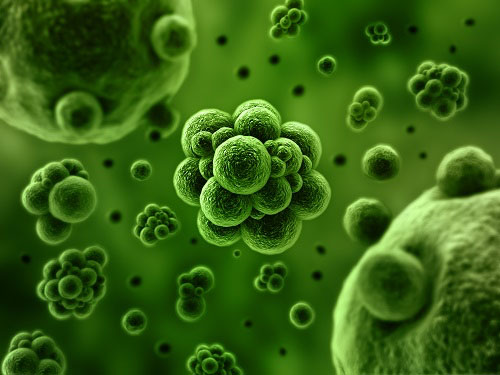Introduction:
Researchers, led by Hiroshi Ohno at the RIKEN Center for Integrative Medical Sciences (IMS) in Japan, have made a significant breakthrough in identifying a gut bacteria species with the potential to combat insulin resistance, offering protection against obesity and type-2 diabetes. This groundbreaking study, featured in the August 30 edition of the prestigious scientific journal Nature, involved a multifaceted approach, encompassing genetic analysis, metabolic profiling of human fecal microbiomes, and subsequent experimentation on obese mice.
Understanding Insulin Resistance: A Precursor to Diabetes
Insulin, a critical hormone produced by the pancreas in response to blood sugar tracking, plays a pivotal role in transporting sugar to muscles and the liver for energy utilization. However, the emergence resistance of insulin impedes this vital function, resulting in elevated blood sugar levels and excessive insulin production. Insulin resistance is a precursor to obesity, pre-diabetes, and ultimately, type-2 diabetes. Please fill out this form to determine whether or not you or a friend are eligible for a CGM.
Exploring the Gut Microbiome Connection
The human gut is teeming with trillions of bacteria, many of which possess the capability to break down carbohydrates that would otherwise remain undigested. While the link between gut bacteria, obesity, and pre-diabetes has long been hypothesized, the complexity of the microbiota and the scarcity of metabolic data have hindered conclusive findings. Hiroshi Ohno and his team at RIKEN IMS addressed this knowledge gap with a comprehensive study, unearthing a potentially pivotal bacterium in the fight against insulin resistance.
Read Guide about Wegovy Dosage Guide: The Best Way For Weight Loss
Metabolomic Insights:
Initially, the researchers conducted an exhaustive analysis of metabolites present in the feces of over 300 adults during routine health check-ups. They compared these metabolites with the insulin resistance levels of the same individuals. Ohno explains, “We observed a strong association between elevated insulin resistance and an excess of carbohydrates in fecal matter, particularly monosaccharides such as glucose, fructose, galactose, and mannose.”
Gut Microbiota Profiles:
Subsequently, the team delved into the gut microbiota composition of the study participants and its relationship with insulin resistance and fecal carbohydrate content. Individuals with higher insulin resistance exhibited a greater abundance of bacteria from the taxonomic order Lachnospiraceae compared to other orders. Furthermore, microbiomes dominated by Lachnospiraceae correlated with elevated fecal carbohydrates, thus linking a Lachnospiraceae-rich gut microbiota with both insulin resistance and excessive monosaccharide levels. Conversely, participants with a higher proportion of Bacteroidales-type bacteria displayed lower insulin resistance and reduced monosaccharide levels.
Must Read About: Preventing Diabetes in the Next Generation
Probing the Impact of Bacteria on Metabolism:
Taking their investigation further, the research team explored the direct influence of bacteria on metabolism, initially in controlled cultures and subsequently in mice. In vitro experiments revealed that Bacteroidales bacteria efficiently consumed the same monosaccharides found in the feces of individuals with high insulin resistance, with Alistipes indistinctus being the most voracious consumer among the species. In obese mice, the researchers assessed the effects of various bacteria treatments on blood sugar levels. Remarkably, A. indistinctus significantly lowered blood sugar levels, reduced insulin resistance, and decreased the availability of carbohydrates to the mice.
Implications for Diagnosis and Treatment:
These findings offer profound implications for the diagnosis and treatment of insulin resistance and pre-diabetes. Ohno elaborates, “Due to its close association with insulin resistance, the presence of gut Lachnospiraceae bacteria could serve as a valuable biomarker for pre-diabetes. Furthermore, probiotic treatments containing A. indistinctus hold the potential to ameliorate glucose intolerance in pre-diabetic individuals.”
A Note of Caution:
Although the study’s discoveries are groundbreaking, Hiroshi Ohno emphasizes the need for caution when considering over-the-counter probiotics that may claim to contain the identified bacteria. He says “Human clinical trials are imperative to validate these findings before recommending any probiotic as a viable treatment for insulin resistance.” [C] Linical experiments on humans are required in order to validate these findings.


